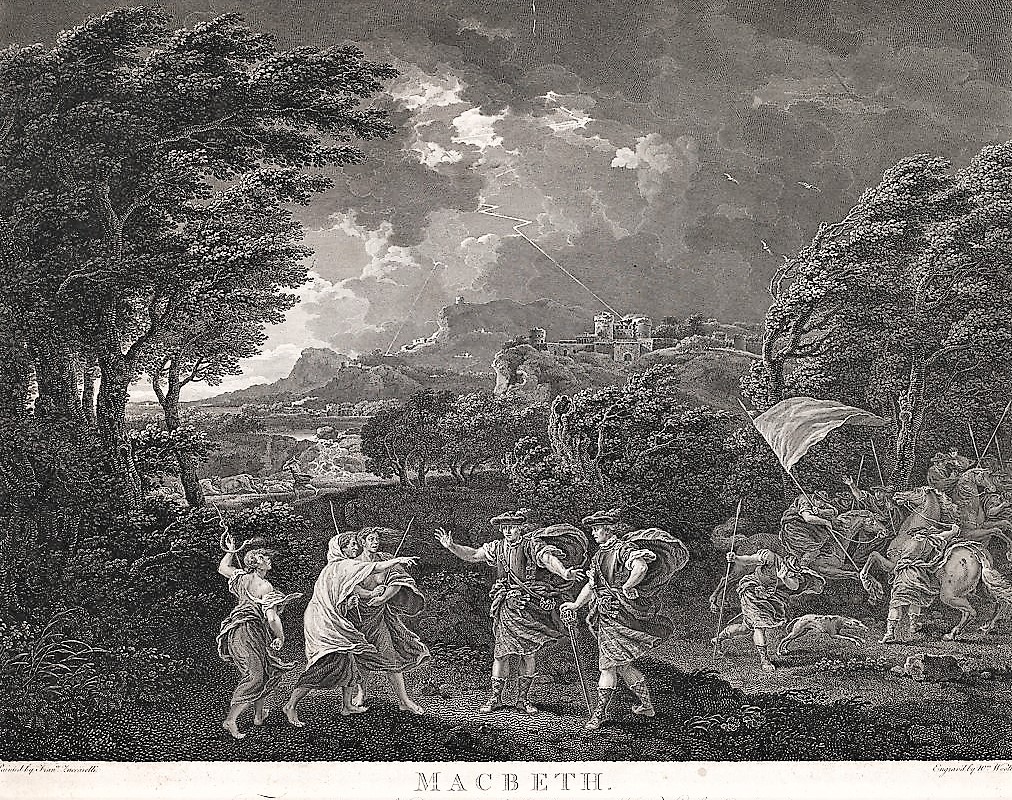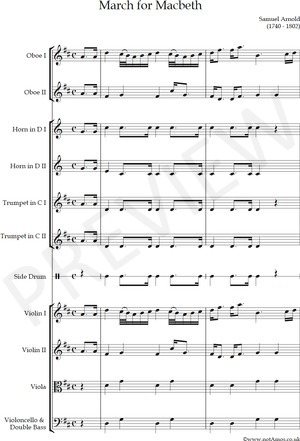 notAmos Performing Editions 1 Lansdown Place East, Bath BA1 5ET, UK +44 (0) 1225 316145 Performing editions of pre‑classical music with full preview/playback and instant download |
Oboe I part (PDF), €0.10 for unlimited copies Buy this item
Oboe II part (PDF), €0.10 for unlimited copies Buy this item
Horn in D I part (PDF), €0.10 for unlimited copies Buy this item
Horn in D II part (PDF), €0.10 for unlimited copies Buy this item
Trumpet in C I part (PDF), €0.10 for unlimited copies Buy this item
Trumpet in C II part (PDF), €0.10 for unlimited copies Buy this item
Side Drum part (PDF), €0.10 for unlimited copies Buy this item
Violin I part (PDF), €0.10 for unlimited copies Buy this item
Violin II part (PDF), €0.10 for unlimited copies Buy this item
Viola part (PDF), €0.10 for unlimited copies Buy this item
Violoncello & Double Bass part (PDF), €0.10 for unlimited copies Buy this item
Printable cover page (PDF), €0.00 for unlimited copies Download this item
Score, part(s) and cover page (PDF), €2.00 for bundled copies Buy this item
If you have any problem obtaining a PDF, please see our help page. If that does not resolve the issue, please click here.
Click on the illustration to display a larger version
For licensing/copyright information please click here
| Enquire about this score |
| About Samuel Arnold |
| Full Catalogue |
| About us | Help, privacy, cookies |
| About Samuel Arnold |
| Full Catalogue |
| About us | Help, privacy, cookies |
"The favorite Scotch airs in score...as they are perform'd in the tragedy of Macbeth at the Theatre Royal in the Haymarket" represents a rare survival, a fully orchestrated score for a dramatic production, dating from the second half of the eighteenth century. Most of such music survives only in keyboard reduction.
Arnold provided two newly-composed items for the play: a march for Macbeth, and a minuet to be played in the banquet scene. Scottish tunes in general currency were orchestrated for interpolation into the play at points specified by Arnold:
Before the play: Berks of Endermay (The birks of Invermay), The yellow hair'd laddie;
At the end of act 2: The braes of Baladine (Ballenden)
At the end of Act 3: Lohaber (Lochaber)
At the end of Act 4: Earl Douglas's lamentation (The Earl of Douglas's lament).
Names in parentheses are the most common or standard spellings.
All of these items are available as individual notAmos editions.
Arnold provided two newly-composed items for the play: a march for Macbeth, and a minuet to be played in the banquet scene. Scottish tunes in general currency were orchestrated for interpolation into the play at points specified by Arnold:
Before the play: Berks of Endermay (The birks of Invermay), The yellow hair'd laddie;
At the end of act 2: The braes of Baladine (Ballenden)
At the end of Act 3: Lohaber (Lochaber)
At the end of Act 4: Earl Douglas's lamentation (The Earl of Douglas's lament).
Names in parentheses are the most common or standard spellings.
All of these items are available as individual notAmos editions.

